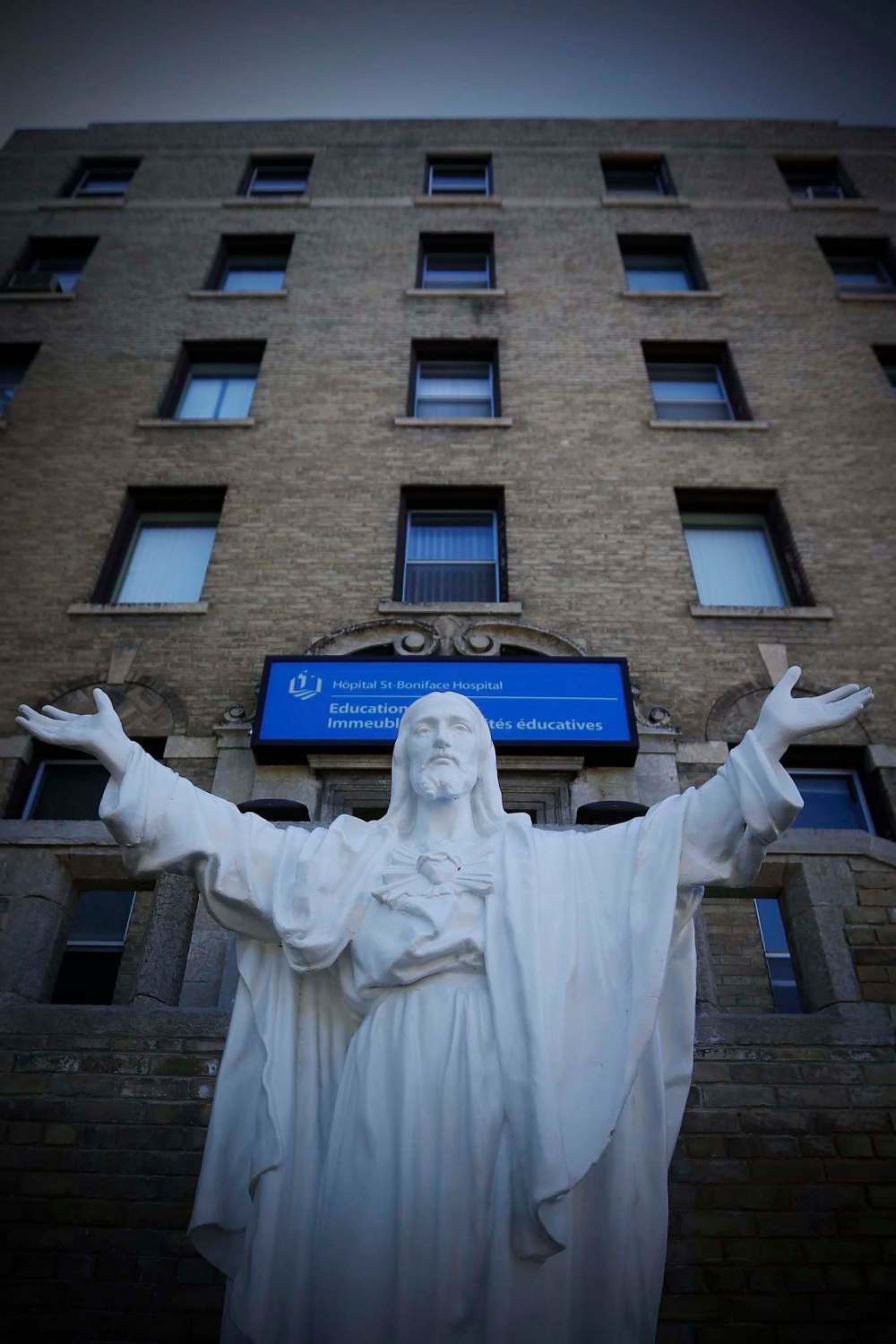Assisted dying policies will be reviewed at all facilities: health minister
Advertisement
Read this article for free:
or
Already have an account? Log in here »
To continue reading, please subscribe:
Monthly Digital Subscription
$0 for the first 4 weeks*
- Enjoy unlimited reading on winnipegfreepress.com
- Read the E-Edition, our digital replica newspaper
- Access News Break, our award-winning app
- Play interactive puzzles
*No charge for 4 weeks then price increases to the regular rate of $19.00 plus GST every four weeks. Offer available to new and qualified returning subscribers only. Cancel any time.
Monthly Digital Subscription
$4.75/week*
- Enjoy unlimited reading on winnipegfreepress.com
- Read the E-Edition, our digital replica newspaper
- Access News Break, our award-winning app
- Play interactive puzzles
*Billed as $19 plus GST every four weeks. Cancel any time.
To continue reading, please subscribe:
Add Free Press access to your Brandon Sun subscription for only an additional
$1 for the first 4 weeks*
*Your next subscription payment will increase by $1.00 and you will be charged $16.99 plus GST for four weeks. After four weeks, your payment will increase to $23.99 plus GST every four weeks.
Read unlimited articles for free today:
or
Already have an account? Log in here »
Hey there, time traveller!
This article was published 05/09/2017 (3011 days ago), so information in it may no longer be current.
Manitoba’s health minister says the government will make sure all health care facility policies concerning medical assistance in dying are reviewed.
Kelvin Goertzen made the statement Tuesday in response to a Free Press story highlighting accountability questions as health-care facilities across the province develop protocols for the transfer of patients out of faith-based facilities that do not want to partake in medical assistance in dying or MAID.
Manitoba Health set Nov. 26 as the deadline, leaving policy review in the hands of each regional health authority. However, Southern Health-Santé Sud said it wouldn’t be reviewing the policies of its six faith-based personal care homes because they are “affiliates.”

“We will ensure that the policies are reviewed,” Goertzen told reporters. “People have the right — the legal right — to the procedure if they meet the criteria, but those facilities that are not participating also have the right to not participate.”
While the Supreme Court has spelled out an individual’s right to avoid participating in assisted dying, it has not yet been so unequivocal with respect to institutional rights.
On Tuesday, Goertzen dismissed a recent survey by Probe Research that asked Winnipeggers whether they feel a Catholic hospital has the right to refuse to offer medically assisted dying on religious grounds or whether it must provide all legal medical services to patients who request it, regardless of whether it is a faith-based hospital or not.
Of the respondents, 59 per cent were quite adamant that St. Boniface — which overhauled its hospital board in May in order to overturn a vote that would have allowed the procedure under limited circumstances — must offer MAID.
“We don’t govern by polls,” Goertzen said, “we govern by what we think is the right practical policy.”
Across the country, provinces are attempting to figure out the best way to offer assistance in dying without forcing anyone who doesn’t want to be involved in the procedure to take part. Manitoba is unique in Canada because it has one team that travels the province providing the procedure.
“We’ve struck the right balance,” the minister said.
Goertzen said the province has to grapple with not just the Supreme Court’s edict but also provincial legislation that requires the government not issue any directives to faith-based health care facilities “that are counter to the fundamentals of their faith.”
But, as Mark Handelman, a Toronto-based lawyer specializing in health law, told the Free Press last week, cases where the rights of the patient compete against those of faith-based facilities “will probably eventually end up before the courts.”
Goertzen himself seemed to acknowledge this possibility.
“Every province is struggling to try to find that balance and I think we’ve done that better than most, (but that) doesn’t mean we’ve done it perfectly,” he said. “It’s a legal landscape that has a lot of holes in it.”
jane.gerster@freepress.mb.ca


